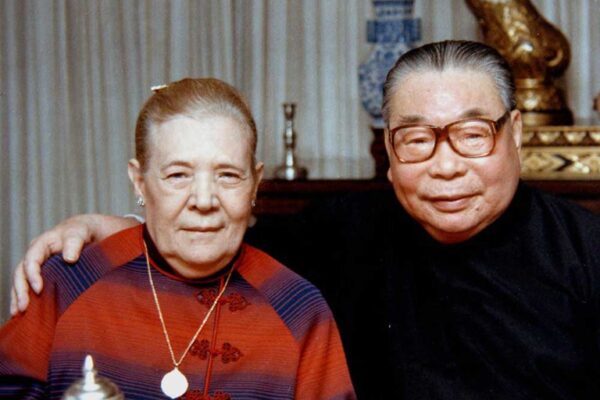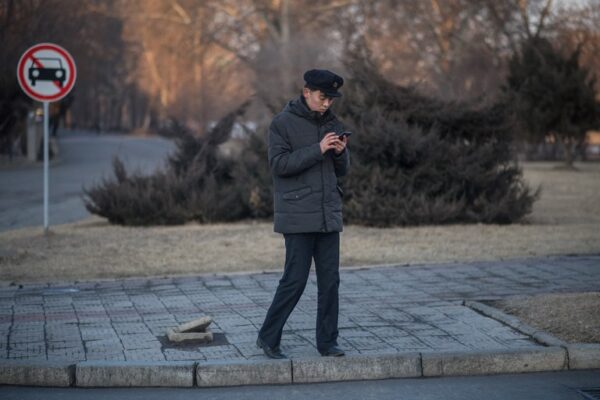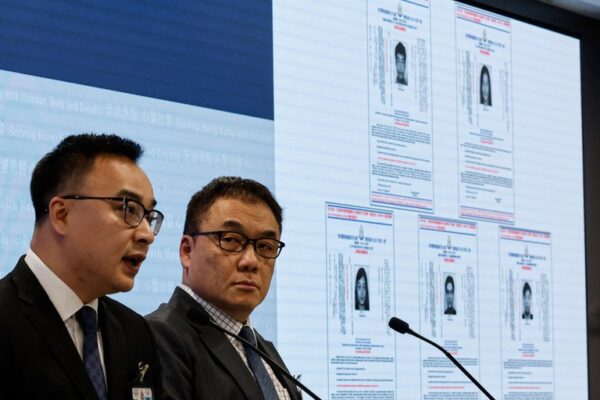Three weeks before Russian tanks rolled into Ukraine last year, President Vladimir Putin traveled to Beijing for the opening ceremony of the Winter Olympics hosted by Chinese President Xi Jinping – an event shunned by Western leaders. In a 5,300-word joint statement issued the same day, Xi and Putin said their friendship had “no limits” – a declaration that caused a wave of unease in the West. It signaled that the world’s two preeminent authoritarian powers were making common cause. Beijing was also Putin’s first overseas visit outside the former Soviet Union in October since an arrest warrant was issued by the International Criminal Court against him for war crimes in Ukraine. In recent years, the China-Russia relationship has deepened as the two nations have sought a new world order against their common rival, the United States. However, since the war began, China has avoided providing direct military aid to Russia. Bilateral ties between the two powers are more complex and nuanced than meets the eye. Moscow’s association with China has a long and storied past that pre-dates the rise of the Chinese Communist Party to power in Beijing seven decades ago. Belarus-born Chiang Fang-liang poses with her husband, former Taiwan President Chiang Ching-kuo, March 15, 1985. Credit: AFP Kuomintang’s Soviet bride In the early afternoon on Dec. 15, 2004, Chiang Fang-liang – widow of former Taiwanese President Chiang Ching-kuo – died of respiratory and cardiac failure at a hospital in Taipei at age 88. She had lived a quiet, lonely life as a member of Taiwan’s first family. Her husband and three sons all passed before her. Born Faina Vakhreva in the Russian Empire, she was a member of the Soviet Union’s Communist Youth League and met her future husband when they both worked at a factory in Siberia. They married in 1935. A few years before that, Chiang’s father, Generalissimo Chiang Kai-shek, led the Chinese nationalist party Kuomintang to power in mainland China. Yet in 1949, the victory of the Communists drove the Chiang family and their government to retreat to the island of Taiwan, where Fang-liang lived and died. The Soviet Union, and Russia afterwards, have had little contact with Taiwan, but the Chiang family’s Russian connection served as a reminder of how much influence the Soviets once had over the politics across the Taiwan Strait. Chiang Ching-kuo arrived in the USSR aged 15 and spent 12 years there. He embraced the life of a Soviet Marxist, even adopted a Russian name – Nikolai Vladimirovich – after Vladimir Ilyich Lenin, the first leader of the USSR. The Kuomintang, founded in 1912 by Sun Yat-sen, for a long time received support and aid from the Soviet Union. However, during the Chinese Civil War (1927-1949) the Soviets turned to support the Communists who defeated the Nationalists and established the People’s Republic of China. Chiang Fang-liang is seen with her husband, former Taiwan President Chiang Ching-kuo, and their children in an undated photo. Credit: AFP/KMT In his memoir “My Days in Soviet Russia,” Chiang Ching-kuo recalled his time as being “completely isolated from China, I was not even allowed to mail a letter,” and those long years were “the most difficult” of his life. All his requests to return to the mainland were rejected by the authorities, according to Russian historians Alexander Larin and Alexander Lukin, as Chiang was virtually held hostage by Lenin’s successor as Soviet leader, Joseph Stalin. Chiang and his small family were allowed to leave the USSR in 1937 when in China the Kuomintang and the Communists formed a new alliance to fight against a Japanese invasion that presaged World War II. That was a lucky escape for them as the Soviet country was undergoing a period of extreme political repression known as the Great Purge, during which hundreds of thousands of Stalin’s political opponents were removed and eliminated. From then until her final days, Chiang’s Russian wife would never set foot in her motherland again. The years in the Soviet Union led Chiang Ching-kuo “to examine socialism with a more critical eye, and contributed to his evolution towards anti-communism,” argued Larin and Lukin, who said that the failure of the Soviet economic system played a part in Taiwan’s transition to market reforms under Chiang’s premiership during the 1970s. And not only in Taiwan, “eventually, the Chinese communists in mainland China arrived at the same conclusion” about the Soviet economic model, according to the Russian authors. “Deng Xiaoping, the architect of mainland Chinese economic reforms, was a classmate of Chiang … and had a similar although much shorter experience in the USSR,” they wrote. Good neighbors From the 1960s to the 1990s, the Sino-USSR relationship was marked by turbulence, including a seven-month border conflict in 1969. Mao Zedong’s China condemned Moscow for “betraying communism” while the Soviet Union withdrew all economic assistance to Beijing. It only warmed up after Mikhail Gorbachev became the general secretary of the USSR Communist Party and initiated the political and social reform called perestroika. After the Soviet Union dissolved, China recognized the Russian Federation as its legal successor on Dec. 24, 1991. Moscow and Beijing signed a Treaty of Good-Neighborliness and Friendly Cooperation 10 years later, paving the way for a new chapter in their special partnership. Soviet leader Mikhail Gorbachev [right] gestures as he talks with Chinese leader Deng Xiaoping during a meeting in 1989 in Beijing. Credit: Boris Yurchenko/AP A joint statement on the 20th anniversary of the treaty in 2021 said that Russian-Chinese relations “have reached the highest level in their history.” “The Russian-Chinese relations are based on equality, deep mutual trust, commitment to international law, support in defending each other’s core interests, the principles of sovereignty and territorial integrity,” it said. Officially, Sino-Russia ties are described as a “comprehensive partnership and strategic interaction in the new era,” according to the Russian Ministry of Foreign Affairs. China has been Russia’s largest trading partner since 2010, with two-way trade reaching US$140.7 billion in 2021 and $134.1 billion in…





